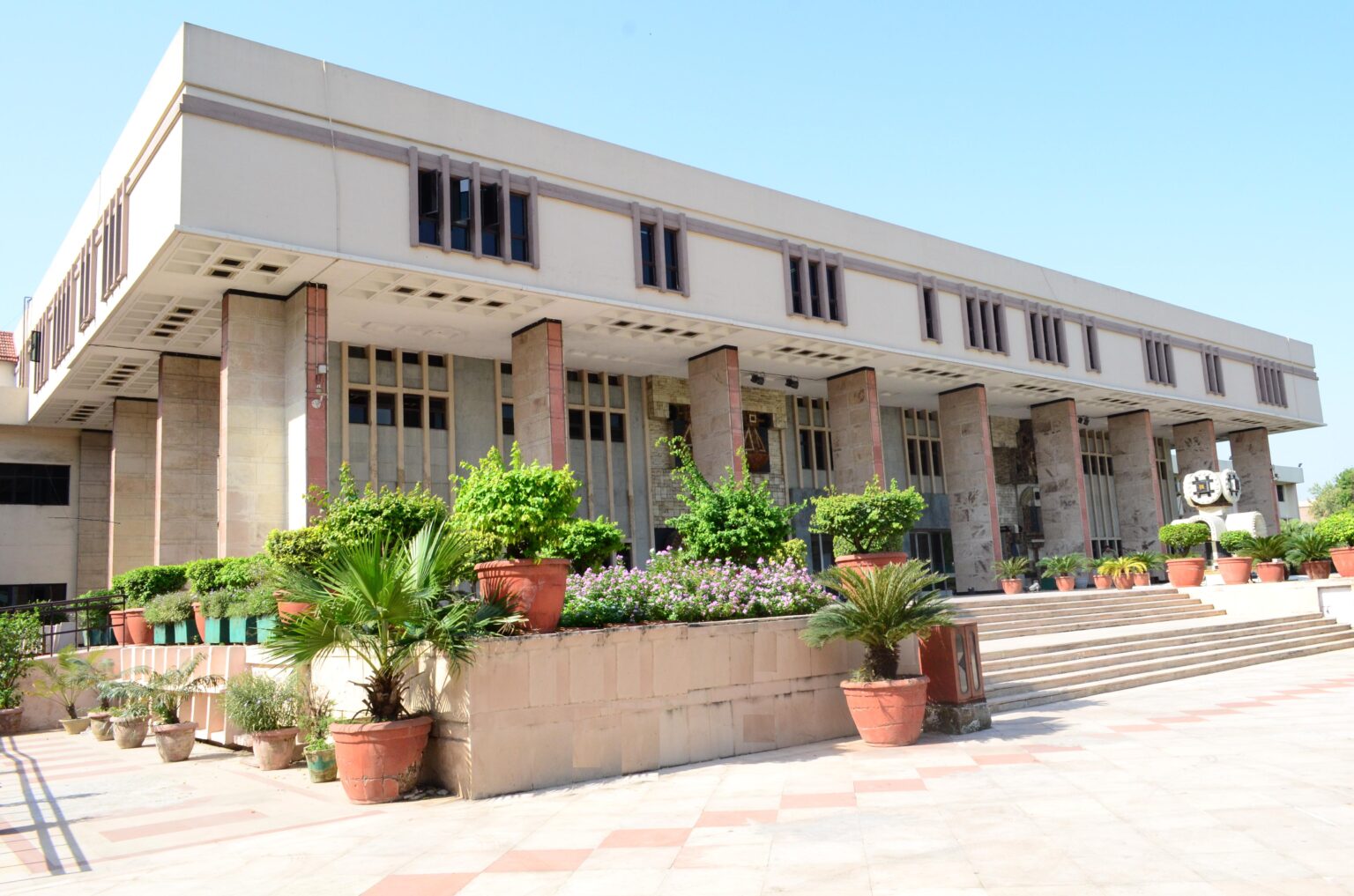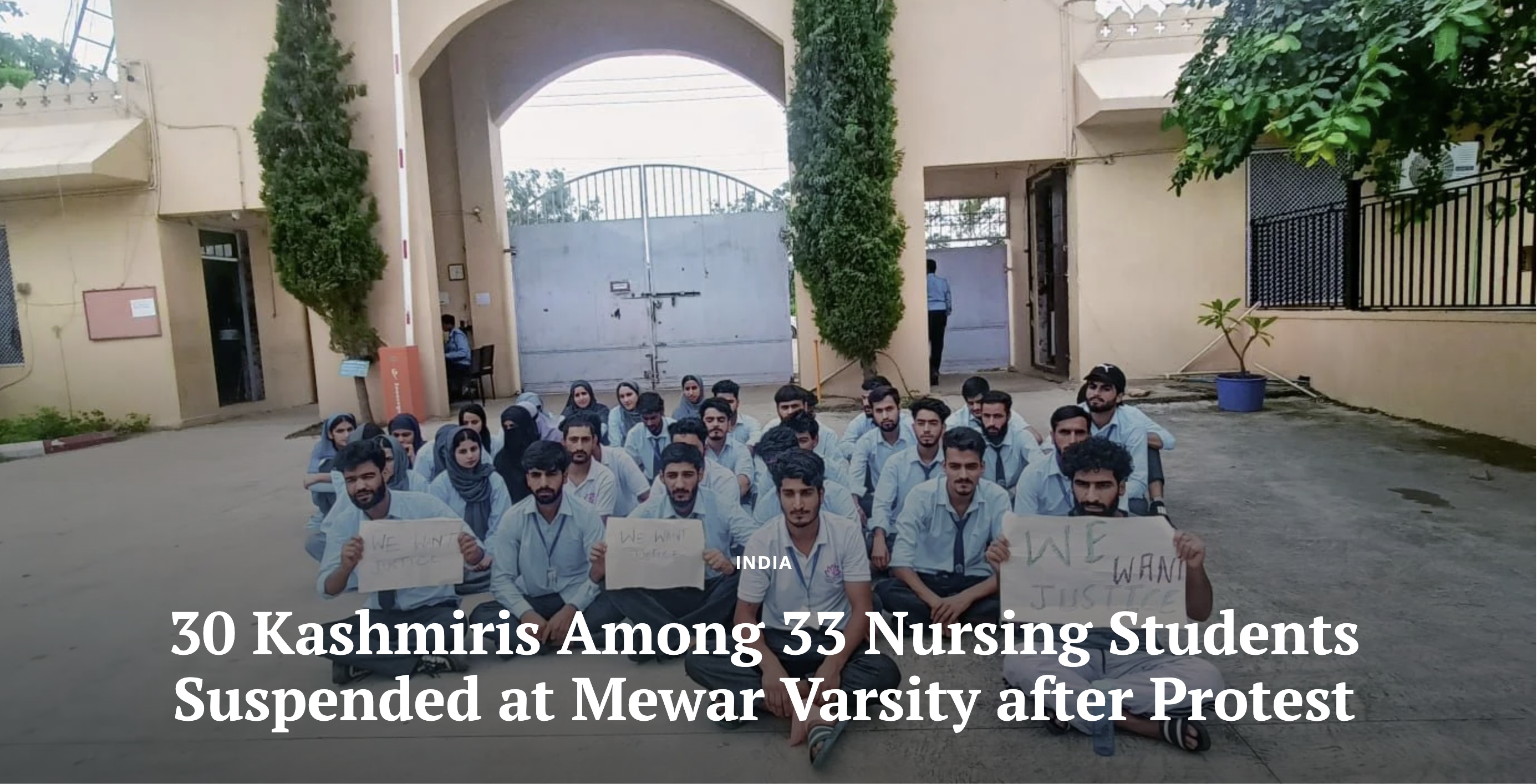By Udayan Das / Scroll
A mural in India’s new parliament building has become an object of controversy in South Asia. Alluding to the idea of Akhand Bharat, this ancient map appears to depict most of the current South Asian states as part of a larger, undivided polity of the past. Subsequently, the reveal has evoked negative responses from Pakistan, Nepal, and Bangladesh. These states raised concerns about how the claims implied in the map threaten their independence and sovereignty.
Historically, a number of nation-states have turned to civilisational arguments to couch their political claims, drawing from a cultural invocation of the past to legitimise the political claims of the present.
For instance, consider the relationship between civilisational aspirations and irredentism, ie, claims on other nations’ territories on an ethnic or historical basis. States assert territorial claims borrowing from a civilisational understanding of what its contours were in the past. Is India’s South Asia policy undergoing a paradigm shift based on civilisational aspirations? Is it likely to complicate India’s relations with its South Asian neighbours?
In a March 2023 International Affairs research article, Shibashis Chatterjee and I examined India’s civilisational arguments in South Asia, especially since 2014. Given the rise of the right-wing Bharatiya Janata Party and the political space afforded to it by controlling a majority government, we asked, is there a Hindutva-driven South Asia policy? If indeed there is one, the core arguments espoused by the Hindu Right vis-à-vis South Asia, like the belief in and desire to restore Akhand Bharat, should reflect and feature in India’s strategies for the region.
This story was originally published in scroll.in. Read the full story here






